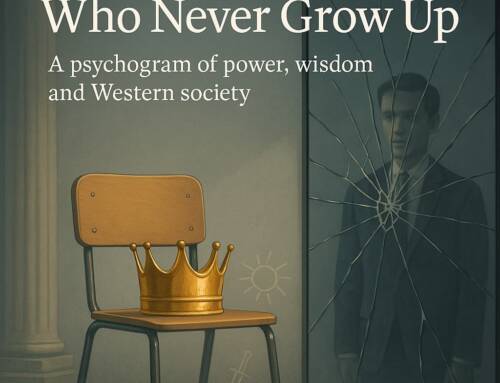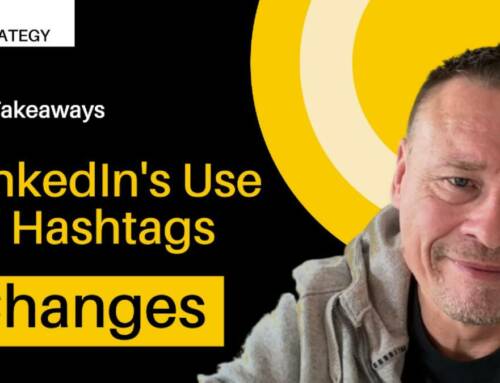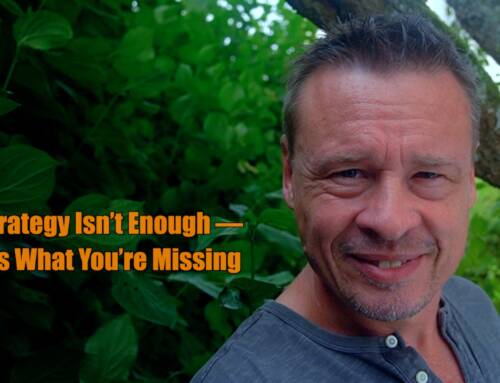This is not only true for spoken words. Emotions are also carried in various ways in writing—and it’s not all about adding adjectives and a flowery style.
If you want to get your messages across—especially when they seem dry—do not confuse changing your communication and language with becoming more flowery. That’s not what’s meant. I know that people often associate it with adding a bunch of adjectives that express feelings, but that’s not really the essence here.
In fact, going overboard with excessive words can actually irritate people and make you come across as pretentious. It becomes evident and unclear what you’re trying to convey.
Using such excessive language is a sign of selfishness, which adds to the impression that many of us have, especially those in countries receiving development aid, that institutions talk about themselves too much.
You don’t want to give the impression that you’re incapable of controlling your natural tendency to boast about how great you are. That’s the opposite of what you want to achieve because a more straightforward, scientific approach would then obviously be better in such cases. If you can’t control your emotional wording, leave it out. That’s a clear choice.
So, it’s important to strike a balance. Changing your communication and language should be about effectively conveying your message without overwhelming others or coming across as self-centered.
And here’s where storytelling comes in. Stories have the power to convey your vision, values, and achievements in a compelling and impactful way. They can inspire, motivate, and emotionally connect with people. Utilizing storytelling techniques strategically allows you to craft narratives that have a clear purpose, audience and message. By incorporating elements such as characters, conflict, resolution, and lessons learned, your stories become memorable and meaningful. It’s not only entertaining for entertainment’s sake.
Finding the right balance between concise expression and engaging storytelling is the future of communication in and on development. By doing so, you can build authentic connections, inspire change, and create a lasting impact.






Leave A Comment